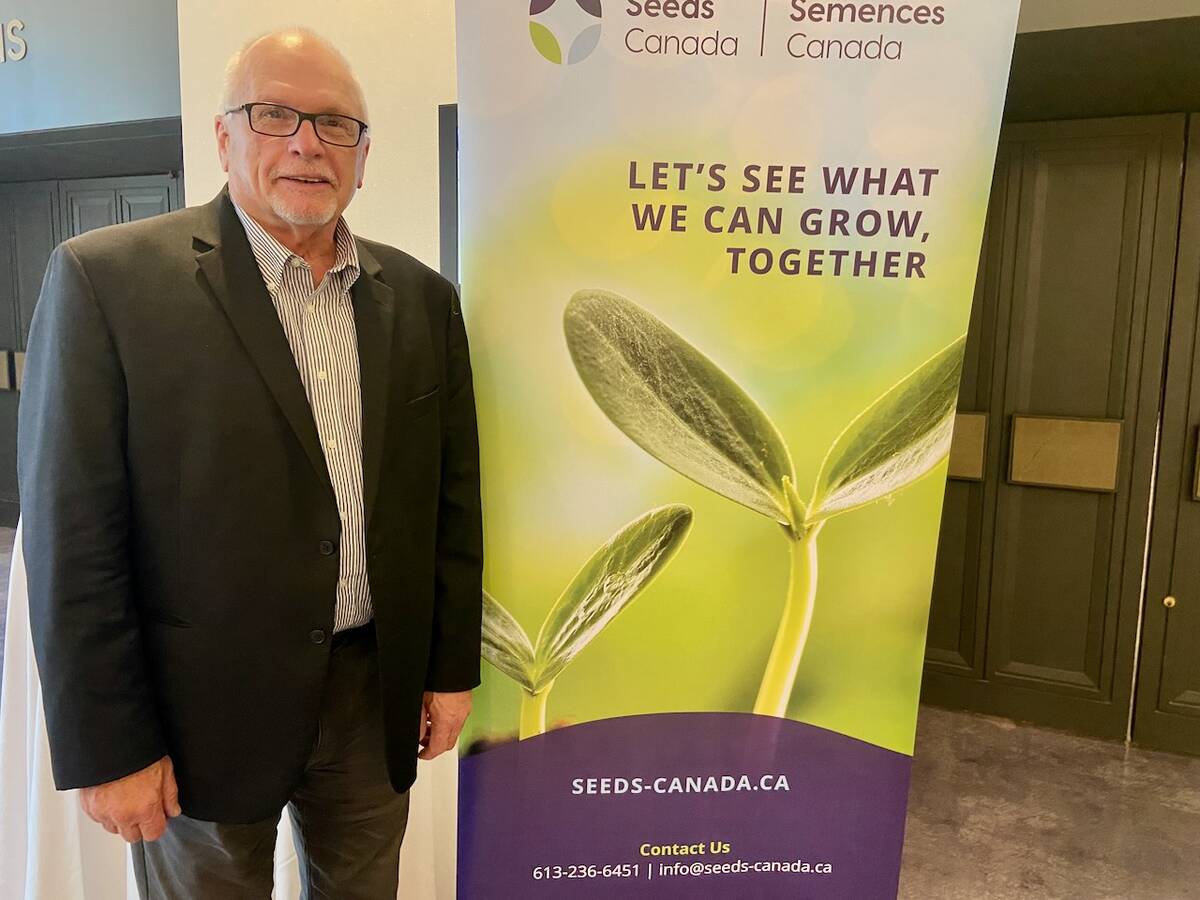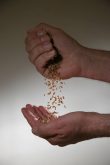Seeds Canada is looking for a new CEO after Barry Senft announced he is stepping down from the role he’s held for about four years.
Senft will continue to serve as CEO until the end of January 2026.
“I think after five years, it’s time for new leadership,” he said during the 2025 Seeds Canada conference in Quebec City.
He said that someone with more seeds experience would make sense now that the organization is up and running.
Seeds Canada was formed about five years ago in an amalgamation between the Canadian Plant Technology Agency, the Commercial Seed Analysts Association of Canada, the Canadian Seed Institute and the Canadian Seed Trade Association.
Read Also

Melancthon faces a new quarry fight over water, environment and farmland risks
A proposed Strada blast quarry in Melancthon, Ont., sparks regional debate over water protection, farmland sustainability, and Ontario’s aggregate policy.
Senft has had numerous roles in the agriculture sector over his career, but several of them have been managing newly merged organizations. He oversaw the newly merged Grain Farmers of Ontario organization previous to his work at Seeds Canada.
“This is pretty big news for us,” said Brent Collins, president of Seeds Canada. He thanked Senft and said that the organization will have six months for him to finish up some of the projects he’s working on.
Senft led Seeds Canada through the Canadian Food Inspection Agency’s seed act modernization process, now five years into the process. A position paper with proposals for act changes is expected any day. There will be more consultations yet before the changes reach the public posting in the Canada Gazette.
He says five years is a long time and a lot of staff time has gone into the process.
“We’ll see what the end result is.”
He says despite a move of some rules around seeds from legislation to regulation which can be changed more easily, CFIA still retains control over many of the seed sector rules and processes.
The larger organizations has more resources to react to issues in the sector.
Senft says the founding organizations are better together as Seeds Canada, and points to the recent challenges around tariffs as an example. Previously, the smaller organizations would have had to have gone outside of their offices to get the expertise on managing the tariff threats and they now have access to those assets.
“We’ve been able to have the resources in place to be able to analyze that and advise our members accordingly.”















